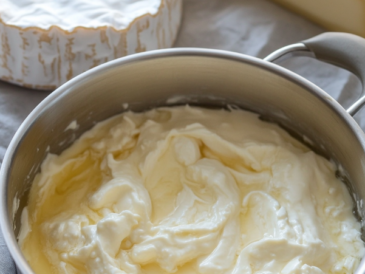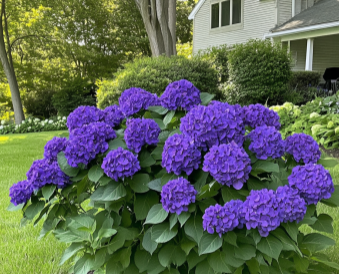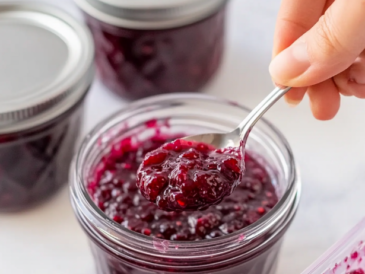Summer evenings are perfect for outdoor gatherings and relaxing in the warm breeze—until mosquitoes decide to crash the party. The constant buzzing, biting, and itching can ruin a peaceful evening faster than anything else. While repellents, sprays, and traps are common solutions, many people are now turning to natural alternatives to keep mosquitoes away. Enter lantanas—a vibrant flowering plant that is not only beautiful but also a powerful mosquito deterrent.
But why do mosquitoes hate lantanas so much? Let’s explore how this colorful plant works its magic to keep your outdoor spaces mosquito-free.
Lantanas: A Vibrant Plant with Hidden Powers
What Are Lantanas?
Lantanas (Lantana camara) are colorful, aromatic flowering plants native to tropical regions of the Americas and Africa. Known for their bright blooms in shades of yellow, red, orange, pink, and purple, lantanas are a favorite among gardeners. They attract butterflies and bees, making them a great addition to any landscape.
However, what makes lantanas truly special is their lesser-known ability to repel mosquitoes naturally. This makes them not only a beautiful addition to your garden but also a practical solution for keeping annoying insects at bay.
Why Do Mosquitoes Hate Lantanas?
The answer lies in the plant’s chemical composition, aroma, and essential oils. Lantanas contain natural compounds that mosquitoes find unbearable, turning them into an effective, eco-friendly repellent.
1. Essential Oils and Bioactive Compounds
Lantanas produce essential oils with powerful insect-deterring properties. These oils contain bioactive compounds like lantadene, citral, and camphor—all of which are natural mosquito repellents.
- Citral, in particular, is known for its ability to disrupt mosquitoes’ ability to locate humans and animals. By interfering with their sense of smell, citral makes it harder for mosquitoes to zero in on their prey, reducing the chances of being bitten.
2. Aroma That Mosquitoes Can’t Stand
While the floral scent of lantanas is pleasant to humans and attracts pollinators like butterflies, it is repulsive to mosquitoes. The plant gives off a pungent, citrus-like aroma that mosquitoes can’t stand. When the leaves are crushed, this scent intensifies, making it even more effective at keeping mosquitoes away.
3. Natural Barrier Effect
The dense foliage of lantana plants can create a natural barrier that reduces mosquito populations. Mosquitoes typically prefer dark, damp areas to hide during the day, but lantanas thrive in well-lit, dry environments. By disrupting the areas where mosquitoes like to rest and breed, lantanas make it harder for these pests to establish themselves in your garden.
4. Drought-Tolerant Plants
Lantanas are drought-tolerant, meaning they don’t require much water to thrive. Since mosquitoes lay their eggs in stagnant water, lantanas’ preference for drier soil creates an environment where mosquitoes are less likely to breed. This further helps in reducing the overall mosquito population around your home.
Scientific Proof: Lantanas as Mosquito Repellents
Scientific studies have confirmed lantanas’ effectiveness as mosquito repellents. One study published in the Journal of the American Mosquito Control Association found that lantana camara extracts reduced mosquito biting activity by nearly 94% for over two hours after application. In regions where mosquito-borne diseases are a concern, this makes lantanas a valuable, natural alternative to chemical insecticides.
Additionally, research conducted in Tanzania showed that homes surrounded by lantana plants had fewer mosquitoes compared to those without. The plant was particularly effective against Aedes mosquitoes, which spread diseases like dengue fever, Zika virus, and chikungunya.
How to Use Lantanas in Your Garden to Repel Mosquitoes
If you’re ready to harness the mosquito-repelling power of lantanas, incorporating them into your garden is both simple and effective. Here are some tips to get the most out of this natural solution:
Just click page “2” below




